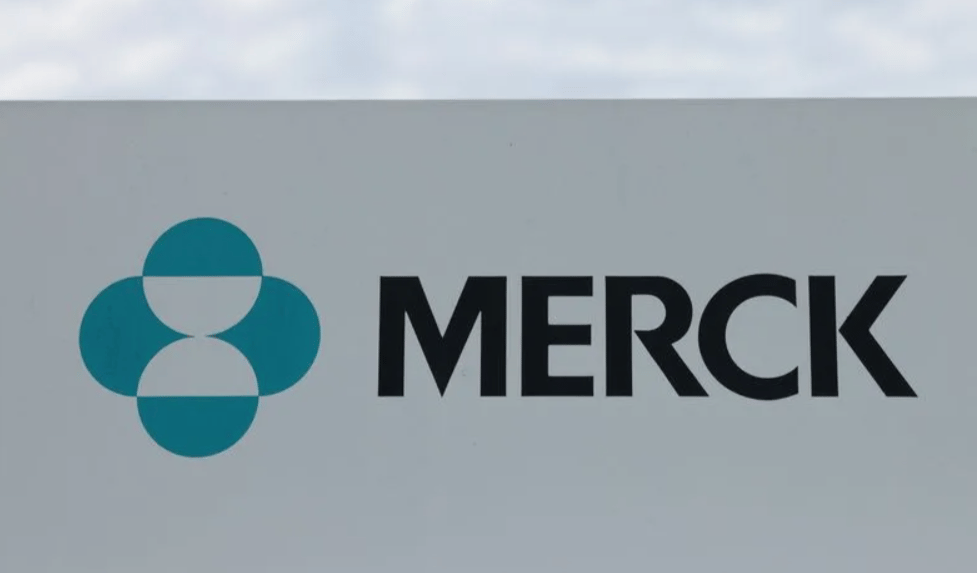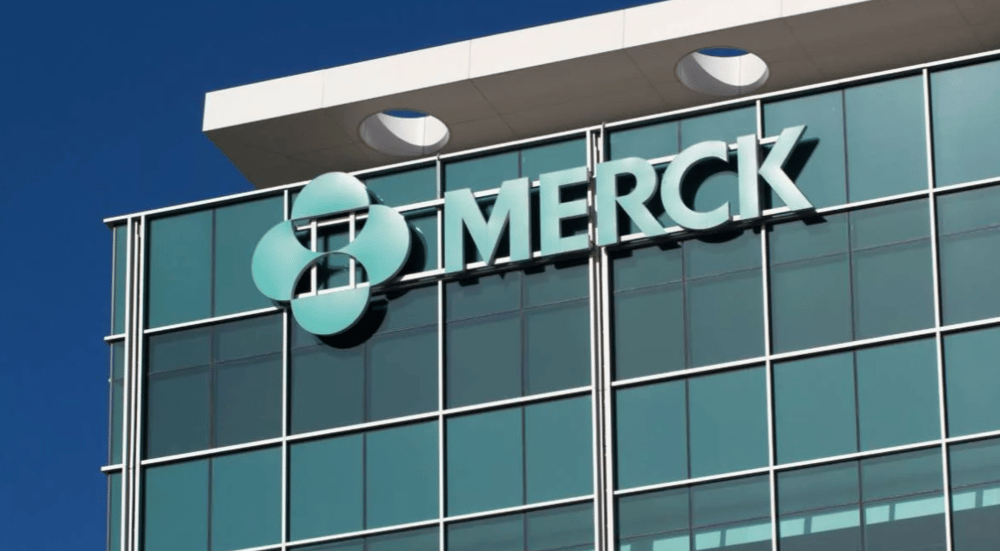Merck Eyes $3 Billion Acquisition of MoonLake (MLTX.O) Amid Biotech Growth and Late-Stage Drug Hopes
Merck & Co. $MRK has reportedly entered discussions to acquire Swiss biotech firm MoonLake Immunotherapeutics $MLTX in a deal exceeding $3 billion, according to sources cited by the Financial Times. This potential acquisition underscores a broader industry trend where big pharma firms target clinical-stage biotech companies with promising late-stage assets to boost their immunology and specialty drug pipelines.
The news, emerging Monday, triggered a 19% surge in MoonLake shares during after-hours trading, suggesting investor optimism around both the biotech firm’s drug prospects and the growing M&A appetite in the healthcare sector.
M&A Momentum in Biopharma and Strategic Rationale
The proposed deal centers around MoonLake’s late-stage clinical data, which could significantly alter the valuation and strategic attractiveness of the company. Although Merck’s initial non-binding offer was reportedly rejected earlier this year, renewed interest implies that further discussions remain active. The focus is on MoonLake’s Sonelokimab, a nanobody therapeutic being developed for autoimmune and inflammatory diseases such as hidradenitis suppurativa and psoriatic arthritis.
For Merck, the acquisition would align with its ongoing strategy to diversify revenue streams beyond Keytruda, its blockbuster cancer immunotherapy, as it faces looming patent cliffs later this decade. Securing advanced clinical candidates in the immunology space could serve as a hedge against generic erosion and sustain long-term earnings growth.

Quick Facts
Companies Involved: Merck & Co., MoonLake Immunotherapeutics
Deal Value: Over $3 billion (reported)
Drug Candidate: Sonelokimab (autoimmune/inflammatory indications)
Market Reaction: MLTX shares +19% in after-hours trading
Status: Initial approach rejected; talks reportedly ongoing
Strategic Goal: Diversification beyond oncology, immunology pipeline expansion
Market Reaction and Commentary
The biopharma sector has witnessed a resurgence in M&A activity in 2024, driven by a combination of pipeline gaps, patent expirations, and high cash reserves across large pharmaceutical companies. Merck’s pursuit of MoonLake is seen as part of a broader trend among industry majors seeking to secure late-stage assets with de-risked profiles.
Analysts highlight that while Merck's offer was initially declined, MoonLake’s improving clinical outlook could enhance its bargaining position, especially if upcoming Phase III data validate the efficacy of Sonelokimab. Meanwhile, Merck remains under pressure to offset Keytruda dependency, which accounted for more than 35% of its 2023 revenue.
Institutional investors interpret the development as a strategic pre-positioning by Merck ahead of future clinical milestones. Furthermore, the premium offered suggests that biotech valuations, while off their 2021 highs, are becoming attractive again for targeted acquisitions.

Key Points
Merck approached MoonLake with a $3B+ non-binding acquisition offer earlier in 2024.
Initial proposal was rejected, but talks are reportedly still active.
MoonLake’s lead asset, Sonelokimab, targets underserved inflammatory diseases.
Merck seeks to diversify pipeline amid Keytruda patent expiry timeline.
Biotech M&A is accelerating, with late-stage assets commanding strategic premiums.
MLTX stock rallied 19% in extended trading on deal speculation.
A High-Stakes Deal in a Resurgent Biotech M&A Landscape
The potential acquisition of MoonLake Immunotherapeutics by Merck reflects the high-stakes nature of current biotech M&A, where clinical progress, regulatory clarity, and therapeutic focus converge to create substantial strategic value. For Merck, securing a promising immunology asset could provide much-needed insulation from future revenue shocks, while MoonLake stands to benefit from the resources, scale, and market access of a global pharmaceutical leader.
As both firms move closer to critical clinical data releases, investor attention is likely to intensify, not only around the viability of the drug candidate but also around the evolving valuation dynamics in the biotech sector. The outcome of these negotiations may serve as a bellwether for future deal-making patterns in biopharmaceutical innovation.















Comments